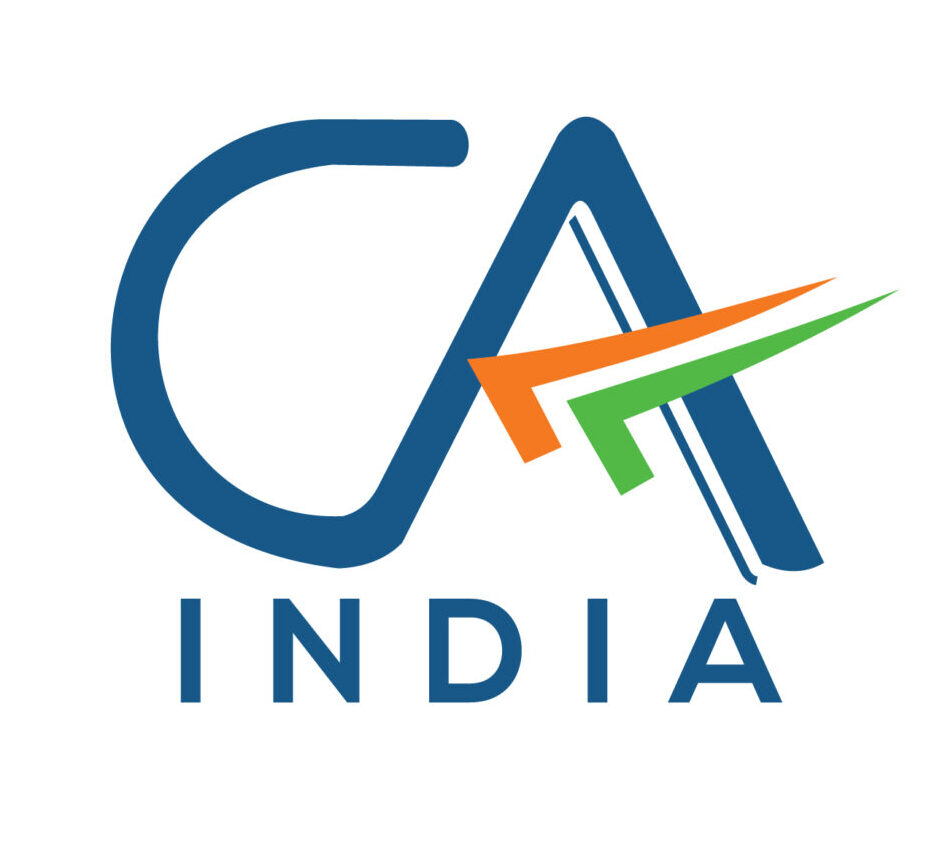
As a salaried professional in India, you have various avenues to reduce your tax liability and maximize your savings. By taking advantage of the available tax deductions, you can optimize your finances and achieve your financial goals more efficiently. In this blog post, we will explore some essential deductions that every salaried individual should be aware of. Understanding these deductions will empower you to make informed decisions and unlock significant tax savings. Let’s delve into the details!
- Standard Deduction: Introduced in the Union Budget 2018, the standard deduction is a flat deduction of Rs. 50,000 available to salaried individuals. This deduction replaces the earlier medical reimbursement and transport allowance. It allows you to reduce your taxable income by a fixed amount, irrespective of your actual expenses.
- House Rent Allowance (HRA): If you live in a rented house and receive HRA as part of your salary, you can claim a deduction under Section 10(13A) of the Income Tax Act. The deduction is the least of the following three amounts: a) Actual HRA received b) Rent paid minus 10% of salary c) 50% of salary (for individuals living in metro cities) or 40% of salary (for individuals living in non-metro cities)
- Leave Travel Allowance (LTA): LTA is a tax-exempt allowance provided by employers for employees to cover travel expenses incurred during leave. Under Section 10(5) of the Income Tax Act, you can claim exemption on the expenses incurred for travel within India, subject to certain conditions. The exemption is limited to the actual travel cost or the specified limit set by the employer, whichever is lower.
- Medical Reimbursement: Many employers offer medical reimbursement as part of the salary package. Under Section 17(2)(v) of the Income Tax Act, you can claim a tax exemption of up to Rs. 15,000 for medical expenses incurred for yourself and your family. Ensure that you keep proper documentation of the medical bills and prescriptions to substantiate your claim.
- Deduction under Section 80C: Section 80C offers a wide range of deductions that can help you save tax on investments and expenses. Some key deductions under this section include: a) Employee Provident Fund (EPF) contributions b) Life Insurance Premiums c) Public Provident Fund (PPF) contributions d) National Savings Certificate (NSC) e) Tax-saving Fixed Deposits f) Repayment of Home Loan Principal g) Tuition Fees for Children’s Education
- Deduction under Section 80D: Section 80D allows you to claim deductions for medical insurance premiums paid for yourself, your spouse, children, and parents. The maximum deduction allowed is Rs. 25,000 (Rs. 50,000 for senior citizens). Additionally, you can claim an additional deduction of up to Rs. 5,000 for preventive health check-ups.
- Deduction under Section 80E: If you have taken an education loan for higher studies, the interest paid on the loan can be claimed as a deduction under Section 80E. This deduction is available for a maximum of 8 years from the start of loan repayment or until the interest is fully paid, whichever is earlier.
- Deduction under Section 80G: Contributions made to certain charitable organizations and relief funds are eligible for deductions under Section 80G. The deduction can be claimed for both monetary donations and eligible items donated. Ensure that you obtain the necessary receipts and certificates from the organizations to claim the deduction.
Conclusion: As a salaried professional, understanding and utilizing the available tax deductions can significantly reduce your tax burden and help you save more for your financial goals. By leveraging deductions such as standard deduction, HRA, LTA, and various sections of the Income Tax Act like 80C, 80D, 80E, and 80G, you can optimize your tax savings and achieve long-term financial well-being. However, it is crucial to stay updated with the latest tax laws and consult with a tax professional or financial advisor to ensure accurate and compliant tax planning. Empower yourself with knowledge and make the most of the deductions available to unlock substantial tax savings.
